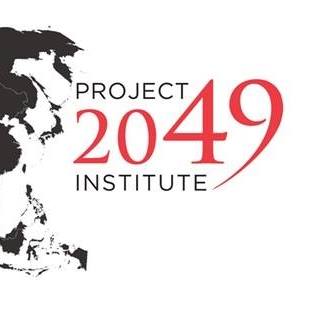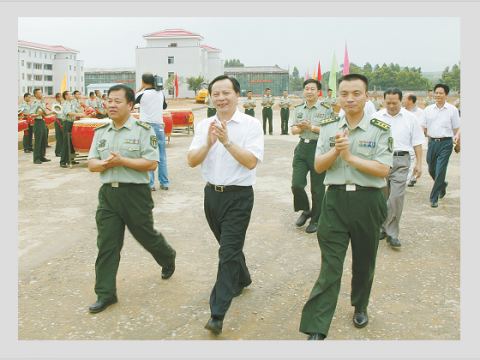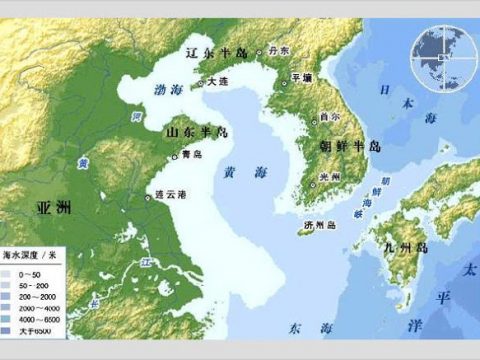
Second Artillery Anti-Ship Ballistic Missile Brigade Facilities Under Construction in Guangdong?
August 3, 2010
Zeroing in on China – Africa trade tariffs
August 30, 2010The political whirlwind surrounding the Economic Cooperation Framework Agreement (ECFA) between Taiwan and China left many questions still spinning in the air. Many pundits continue to debate Taiwan’s ultimate gains from this preferential trade agreement particularly whether it opens doors to other trade opportunities.
Many are hopeful that ECFA will transform Taiwan into an economic hub in the Asia-Pacific. By regulating and liberalizing trade and investment with China, ECFA could increase Taiwan’s export and import volume and enhance economic growth. After ECFA, Taiwanese businesses can enjoy greater competitive advantages in the mainland market, especially compared to their Korean and Japanese counterparts. Taiwan could also attract foreign firms seeking greater economic access in China through joint ventures with local companies. If this practice proliferates, it will enhance Taiwan’s status in the global trade.
Already, there are positive indicators after the signing of ECFA, including improved ratings of Taiwan’s investment climate and raised GDP forecast. Most significantly, the post-ECFA climate has generated momentum toward expanding Taiwan’s trade arrangements. Singapore and Taiwan has made groundbreaking overtures for an economic agreement and ASEAN member states such as Malaysia, the Philippines, and Thailand have also been studying the feasibility of trade agreements. Foreign groups such as the American, European and Japanese Chamber of Commerce in Taipei have voiced their support for FTAs between Taiwan and the countries they represent. Despite the stalled U.S.-Taiwan Trade Investment Framework Agreement process, Washington has endorsed ECFA and encouraged the island to expand foreign trade relations. Furthermore, major foreign trading partners such as the European Union andRussia have also expressed their desire for promoting closer economic, educational and cultural exchanges with Taiwan.
Despite these favorable developments, the politicized cross-Strait environment complicates Taiwan’s formal international activities. On the basis of the “One China†principle, Beijing has opposed Taiwan seeking free trade agreements (traditionally signed between two sovereign entities), with China’s diplomatic allies. Yet, the mainland Taiwan Affairs Office’s recent statement that Taiwan’s FTA matters will be“reasonably, practically, and adequatelyâ€Â addressed may signal a more moderate approach going forward.
If warming cross-Strait relations foster a more hospitable environment for Taiwan’s international activities, China may still seek to limit Taiwan’s exploration of economic ties to Beijing’s free trade partners (currently, these include Singapore, Hong Kong, Macao, Chile, Pakistan, New Zealand, Peru, and Costa Rica as well as ASEAN). Yet, if Beijing seeks to aggressively impose such limitations, then it will likely sour the atmospherics of cross-Strait ties. Hence, such a move may be adverse to Beijing’s long term interests, particularly with upcoming Presidential elections in 2012 when China’s reaction to Taiwan’s trade aspirations could become an electoral issue that further complicates cross-Strait relations.




